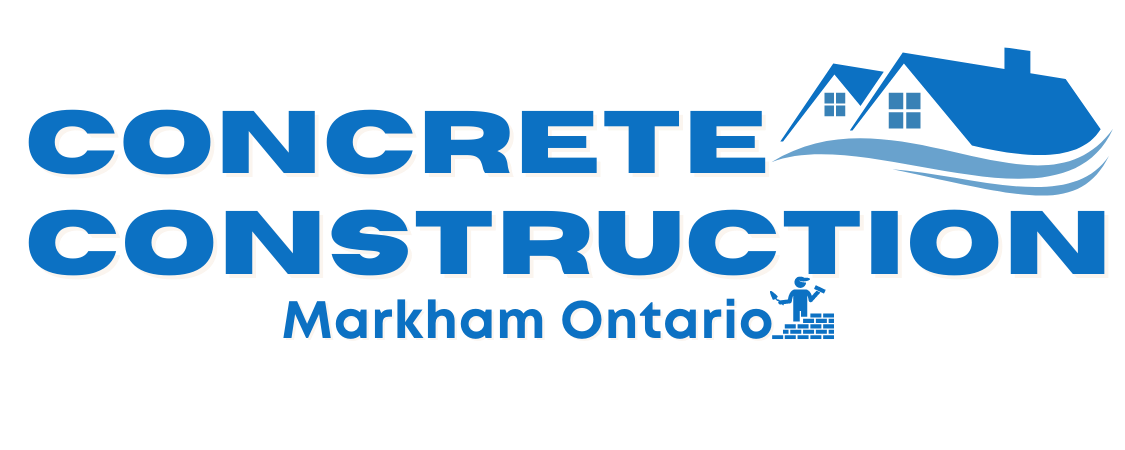FAQ
What is a Concrete Contractor?
A concrete contractor is an experienced professional who specializes in installing, repairing, and maintaining concrete structures such as driveways, sidewalks, patios, retaining walls, and more. Using an array of specialized tools and equipment such as mixers, vibrators, saws, drills, and more, they can pour or repair various types of concrete surfaces while adhering to strict quality and safety standards. Additionally, they can often advise on the best type of materials to use for the project to create a durable end result that will last for years to come.
What services do Concrete Contractors typically offer?
Concrete contractors typically offer a wide range of services including but not limited to pouring new concrete slabs or pads for driveways or walkways; installing decorative stamped or colored Concrete; repairing existing concrete structures; resurfacing old or worn-out surfaces; adding sealant or protective coatings; creating custom designs with details like inlays and other ornamental features; installing drainage systems; performing seismic retrofitting on existing foundations; as well as providing maintenance and cleaning services for existing constructions.
How much does it cost to hire a Concrete Contractor?
The cost of hiring a concrete contractor is largely dependent on factors such as the size and complexity of the project at hand, the materials being used during construction, whether or not specialty tools or equipment are needed for the task, as well as any necessary permits that may need to be acquired from local authorities before work can begin—generally speaking. However, most basic projects will cost between $100-$500 depending on the materials and labor needed. In contrast, larger projects can easily go up into thousands depending on the intricacy of the job.
What should I look for when hiring a Concrete Contractor?
When looking for a reputable concrete contractor, there are several key aspects you should take into account before making your final decision: experience in similar projects (preferably those with the exact requirements); relevant certifications they may hold (such as those required by OSHA); recommendations from friends/family/neighbors who have recently finished similar jobs with this contractor; references that previous clients have provided; affordability of their services (both upfront costs and future maintenance fees); availability time frames (how soon can they start working given your schedule); adherence to local building codes (you want someone who will follow regulations accordingly).
How long does it typically take for a Concrete Contractor to complete a project?
The length of time it takes for a given project will depend largely on factors such as its overall complexity in terms of size, difficulty level, any custom modifications requested by you etc.; how busy their current client list may be at present – meaning if you’re willing to wait longer than usual, then you could get less expensive rates due to their availability being lower than usual etc.; weather conditions which could also potentially affect how quickly work gets done – cold weather makes curing difficult whereas rain delays progress ultimately, etc. As an estimate, however, most projects tend to take anywhere between 1-2 days if they’re relatively simple. In contrast, some complex ones may go up into weeks depending again on all previously stated conditions/factors.
Why might I need Retaining Wall Services from my Concrete Contractor?
Retaining walls are advantageous constructions when dealing with specific areas such as where one piece of land sits higher than another -especially if water is going downslope- posing an imminent risk of property damage if left untreated due to these changing levels’ effects over time eroding at soil around them until collapse becomes inevitable without proper intervention/management strategies implemented. Therefore many times retaining walls become necessary solutions since they can help control water erosion whilst also allowing better management options over drainage paths available helping minimize potential property damage along the way.
Are there other reasons why I might need additional Specialty Services from my Concrete Contractor?
Yes absolutely! In addition to offering basic installation & repair services along with maintenance programs & drainage systems etc., many experienced contractors are also capable of providing specialty services such as stamping/coloring decorative patterns onto existing slabs or even creating entire works from scratch using intricate designs explicitly tailored according to customer’s wishes within pre-determined budgets & desired timeframe frames – all while still adhering strictly towards quality standards & safety protocols throughout their work’s duration thus ensuring each job done is held up against industry benchmarks both now & in the years down ahead into its foreseeable future lifespan projection-wise too!
What kind of safety precautions should I expect when working with a contractor?
All reputable contractors will take steps towards ensuring worker safety while onsite by wearing appropriate protective gear such as hard hats or steel-toed boots–they should also take measures like setting up warning signs around areas where wet cement is drying or other hazards exist in order to keep everyone safe throughout the duration of their work at your property.
Are there different types of products that can be used for outdoor projects?
Yes! Depending on what type of finish you are looking for there are various options available – popular choices include exposed aggregate where stones/pebbles become embedded within freshly poured cement; stamped patterns which allow textures/designs pressed into surface after curing has taken place; colored stains/dyes can also applied post-pouring enabling subtle changes in hue throughout surface either uniformly or sporadically depending on design desired; all these choices give homeowners plenty flexibility when selecting how best dress up their outdoor spaces.
What maintenance tips would you suggest after my job is complete?
The key here is remembering that, whether new construction or renovation, proper upkeep is still required to keep things looking fresh over time! This includes regularly cleaning off dirt/debris build-up using mild detergents, mixed water & scrub brush, then rinsing the area thoroughly afterward–regular sealing every few years is recommended to ensure maximum longevity & protection against cracks caused by harsh climates & wear and tear caused by foot traffic over the years go by!
